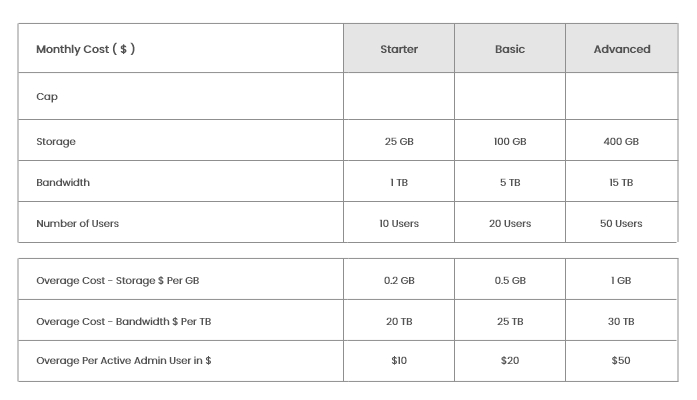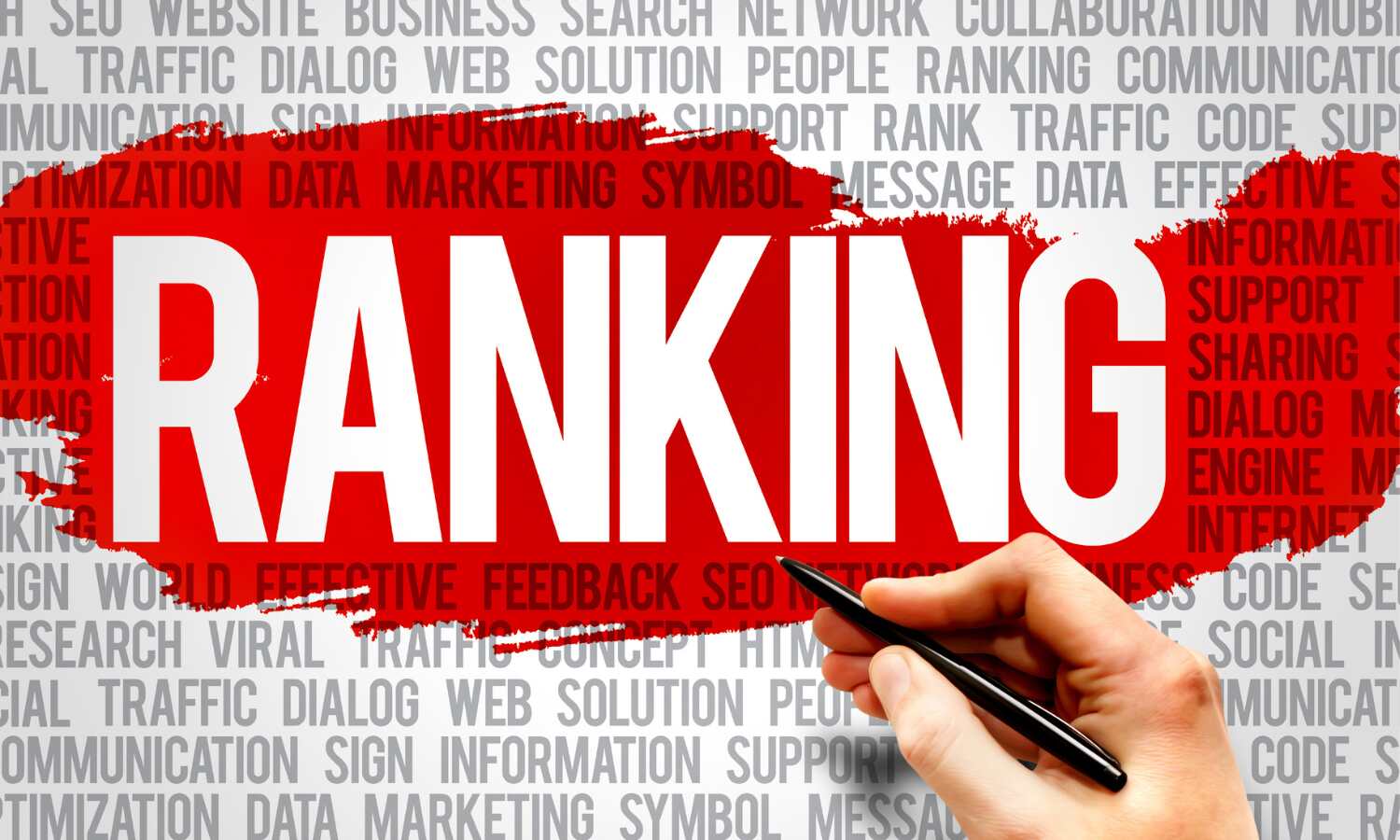



How Hacking Lowers the Ranking of your Website in Search Results
To shield it from vulnerability is a key component of this...
Making a fantastic website and then leaving it alone is insufficient. A functioning website needs regular upkeep. To shield it from vulnerability is a key component of this.
Your search rankings are affected when your website is down
Prime real estate can be found on the first page of search engine results. And each webmaster tries to have their website appear there. But just when you begin to believe you have at last secured a piece of that much sought-after real estate, you discover your site's ranking has fallen dramatically. Your website may have been hacked in some cases.
Why hackers do it
They frequently seek to steal from you. They are not just nerdy kids seeking a high. No, they're utilizing your passwords, identities, banking information, credit card information, and whatever else they can get their hands on to hack into your system in order to make as much money as possible. They are known as "cyber criminals" for this reason.
Other times, they seek to utilize your website or computer for their illegal activities, such as stealing other people's money or using it to distribute pirated software, fake prescription medications, or pirated music.
Instead of putting in the effort to establish a solid business for themselves, these cyber criminals choose to syphon off your computer resources or good name in order to further their dubious operations.
To achieve this, they locate a software weakness, develop a programme to exploit the flaw, and then send the malware into the web to search for unwary sites that include the vulnerable software.
Your website will be attacked if it is one of them. Once the hacker has access to your website, they will either install malware or spam.
The distinction between malware and spam
Malware and spam are two ways that hacks might appear.
Email spam is a common problem. Who hasn't received emails purporting to be from a well-known company asking you to confirm your details or saying that a poor widow's son is dying in the hospital?
Website spam is material that contains numerous links to the fraudster's website. Without your knowledge, this kind of spamming can be taking place. Often, the code that contains spammy links is buried deep within your website and directs users there instead of to the con artist's website.
Malware is a type of malicious software that hijacks your computer or website and uses it to spread an infection. Your computer might join a botnet, a zombie army of machines that floods the internet with spam and malware. Then, these botnets collect private financial and identification data from a wider variety of victims.
How your website can be hacked
Making a fantastic website and then leaving it alone is insufficient. A functioning website needs regular upkeep.
WordPress is a free open-source programme that you probably use if you're like many other website owners. However, this implies that every security hole discovered in the WordPress core programme, its themes, or its plugins is made public. Malicious WordPress plugins and themes are a favourite hiding place for cyberpunks.
Updates are a routine chore, but if you neglect them, a hostile hacker may decide to target you. The most common cause of website hacks is outdated software.
Google may blacklist your website
Google will ban your website if it determines that it contains dangerous code.
Regardless of the name, your site will be marked or removed, which will cause a decline in your search engine results. Every day, this occurs to about 10,000 websites. You can anticipate losing roughly 95% of your visitors if your website gets blacklisted.
Cloaked PDF files have recently emerged as a new hacking threat. A software security company called Sophos found millions of them in search results.
The cloak-and-dagger variation of website hacking is cloaking. Hackers embedded spammy links that lead gullible users to dubious websites inside PDF files, which were likely more trusted by Google's algorithms.
Google is intensifying its offensive campaign against spam by making certain changes to its search algorithms and assiduously eliminating compromised websites.
Repairing and Preventing Website Hacks
In addition to the lost revenue resulting from clients being reluctant or unable to visit your site, fixing a hack can cost thousands of dollars.
It takes time to remove the maze of malware code from your website, recover or rebuild your content, and get de-blacklisted.
Some daring webmasters attempt it on their own, but for the majority, it's a job better left to experts. It depends on how well-versed you are in computers.
Maintaining site updates will help you avoid hacks. Updates can significantly reduce hacker attacks.
Maintain regular site backups. Your data needs to be backed up just as much as your local desktop files because it isn't secure just because it is stored online.
Make a real-time monitoring investment. Your website won't become impervious to threats just because you update and back it up. Before you can say "boo," a real-time monitoring service patches and cleans your website of any malicious activity.
In conclusion, take immediate action to stop hacks before they have the audacity to settle in and send your website ranks to the bottom of search engine blacklists.
"An ounce of prevention is worth a pound of cure," as the saying goes. Your website will remain where it belongs, on premium search engine real estate, thanks to top-notch protection and backup mechanism.
Get an HTTPS-secured website and content management system so that you are always protected when utilizing Hocalwire CMS. Hocalwire CMS handles the technical parts of keeping Large Sitemap, Indexing pages for Google, Optimizing page load times, Maintaining assets and file systems, and Warning for broken links and pages while you handle all these non-technical components of SEO for Enterprise sites. If you're searching for an enterprise-grade content management system, these are significant value adds. To learn more, Get a Free Demo of Hocalwire CMS.

